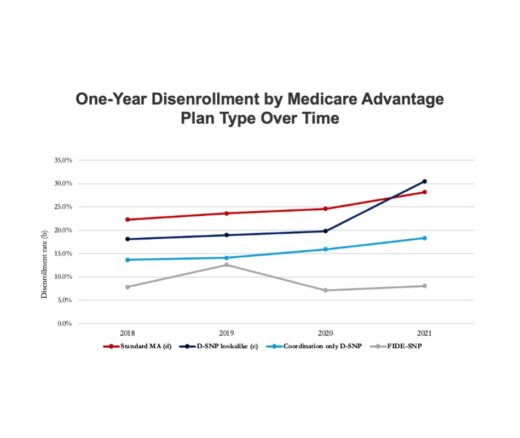
Why Work Requirements Won’t Work for Medicaid
They Reduce Coverage, Not Costs, History Shows. Smarter Incentives Would Encourage the Private Sector
Blog Post

The seismic departures in the nursing workforce threaten to impair access and quality of care across the country. And these trends concerned health care leaders and policymakers even before the major disruptions of the COVID-19 pandemic.
Today, hospitals continue struggling to fill openings even though the U.S. has never had more actively-licensed nurses (5.6 million), driven by record-breaking graduations from schools and a robust job forecast.
To understand what is driving the exodus, Penn LDI researchers surveyed more than 7,800 nurses who left employment between 2018 and 2021, and published their findings in a recent study in JAMA Network Open.
Here are the top five reasons why nurses left their jobs:
The researchers point out that all of these reasons (aside from planned retirement) are factors within the control of the institutions. They argue that substantive improvements to work conditions could ease the nursing retention crisis.
The study, “Top Factors in Nurses Ending Health Care Employment Between 2018 and 2021,” was published on April 9, 2024 in JAMA Network Open. Authors include K. Jane Muir, Joshua Porat-Dahlerbruch, Jacqueline Nikpour, Kathryn Leep-Lazar, and Karen B. Lasater.


They Reduce Coverage, Not Costs, History Shows. Smarter Incentives Would Encourage the Private Sector
Research Brief: Less Than 1% of Clinical Practices Provide 80% of Outpatient Services for Dually Eligible Individuals

New Findings Highlight the Value of 12-Month Eligibility in Reducing Care Gaps and Paperwork Burdens

Chart of the Day: Fully Integrated D-SNPs Kept These Vulnerable Patients Enrolled, a New Study Finds

Democrats Must Go Beyond Reversing Trump-Era Cuts With a New Strategy to Streamline Coverage, Reduce Waste, and Expand Access to Medicaid

A Crisis in Maternal Care is Unfolding—and it’s Hitting Rural and Urban Communities Alike